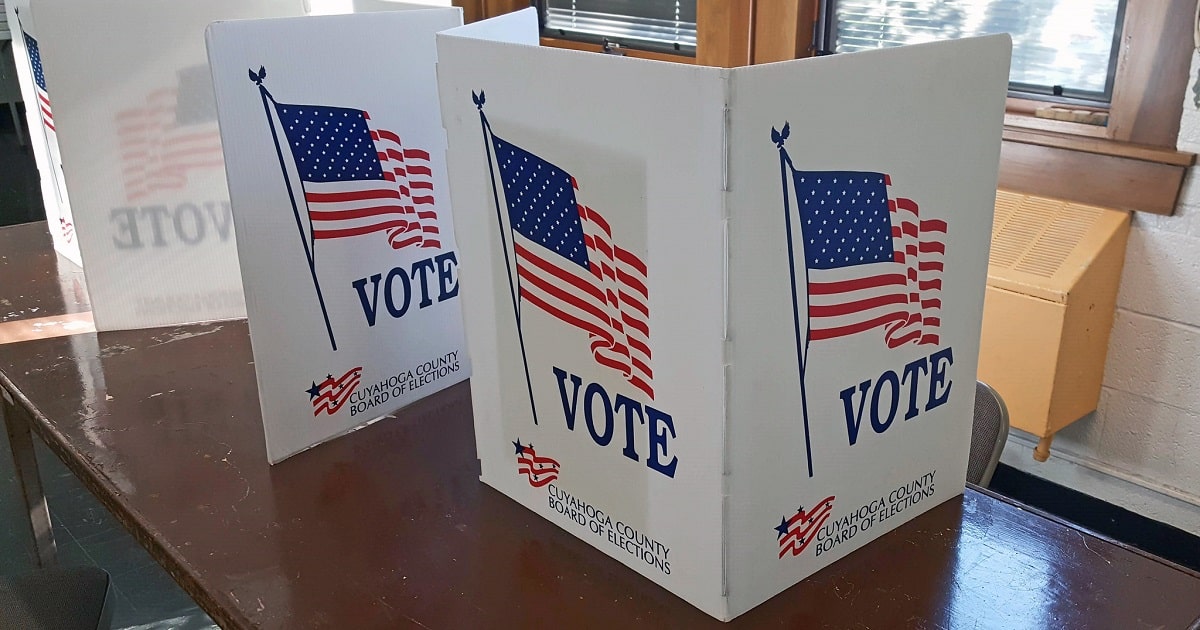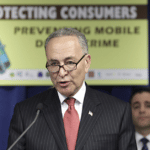



In a bold move to combat the rising tide of online fraud, two U.S. senators have put pressure on Match Group, the parent company of popular dating apps like Tinder and Hinge, to address the pervasive issue of romance scams, The Washington Times reported.
In a bipartisan effort, Senators Maggie Hassan, a Democrat from New Hampshire, and Marsha Blackburn, a Republican from Tennessee, have demanded detailed information from Match Group by Oct. 15 about its efforts to protect users from financial fraud on its dating platforms.
Romance scams, a growing problem in the digital dating world, involve fraudsters creating fake profiles to build online relationships with unsuspecting victims. These scammers often develop trust quickly, refuse to meet in person, and eventually request money for fabricated emergencies, as noted by the FBI. The Federal Trade Commission (FTC) reported that such scams cost Americans a staggering $1.14 billion in 2024.
Senators Hassan and Blackburn, both members of the Joint Economic Committee, sent a letter to Match Group CEO Spencer Rascoff on Wednesday. Their letter included eight specific requests for data on the company’s algorithms, fraud prevention strategies, and user protection measures. They described romance scams as a “leading form of financial fraud” in the U.S.
The senators also voiced worries about the adequacy of Match Group’s safeguards. They wrote that the widespread nature of these scams raises “concerns about whether and how Match Group protects users from fraud on its platforms.”
Match Group, headquartered in Dallas, oversees a portfolio of dating platforms including Tinder, Match.com, OkCupid, Hinge, OurTime, Meetic, and Plenty of Fish. With millions of users across these apps, the company’s role in preventing fraud has come under intense scrutiny.
This isn’t the first time Match Group has faced criticism over user safety. In 2019, the FTC accused the company of knowingly exposing users to fraudulent activity. Between 2013 and 2018, the FTC claimed that up to 30% of new members on Match.com were scammers.
Just last month, Match Group settled related charges with the FTC for $14 million. This resolution addressed past shortcomings, but the senators are now seeking assurance that current practices are more robust.
The FTC has also issued guidance to the public, advising against sending cash, gift cards, wire transfers, or cryptocurrency to online romantic interests. They urge victims to report incidents to the dating app or their bank immediately.
In response to the senators’ demands, Match Group emphasized its commitment to user safety. Yoel Roth, head of trust and safety at Match Group, stated, “Protecting users from scams is essential to our business and to earning the trust people place in our platforms.”
Roth added, “In recent years, we have made significant investments in advanced fraud detection, cutting-edge safety features, and expanded partnerships with law enforcement, industry, and civil society groups to better safeguard our communities.”
He also highlighted the company’s involvement in broader initiatives, saying, “As a founding member of the Tech Against Scams Coalition, we are working across the industry to tackle these challenges. We look forward to constructive conversations with Senators Hassan and Blackburn on these important issues.”
The Tech Against Scams Coalition, launched in May 2024, includes Match Group alongside other major players like Meta and the Global Anti-Scam Organization. This alliance aims to foster collaboration in preventing online deception. Meanwhile, Match Group’s Safety page details in-app warnings, educational content, and AI tools designed to flag suspicious language.
On the legislative front, Democrats on the Joint Economic Committee announced a project in July to investigate and curb financial scams. Senator Hassan’s letter to Match Group included a survey to gather data on scam incidents for future oversight. The senators have set a firm deadline of Oct. 15 for the company to submit evidence of its anti-fraud efforts.
As romance scams continue to drain billions from victims, the outcome of this inquiry could shape how dating platforms operate. With bipartisan support, the push for stronger protections signals a growing urgency to address digital fraud. The public awaits Match Group’s response to see if it can restore confidence in online dating safety.



